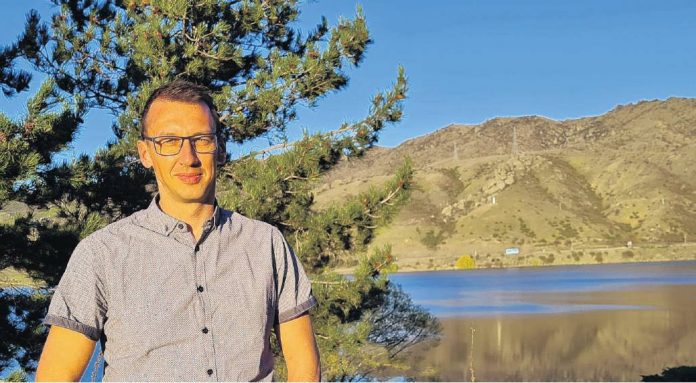
The Lake Dunstan Charitable Trust wants the Otago Regional Council (ORC) to trigger a review of Contact Energy’s resource consent conditions on the Clutha River.
The ORC has issued an abatement notice to Contact Energy, requiring compliance with the conditions and specifically to update a Landscape Values and Visual Amenity Management Plan (LVAMP).
That draft plan was submitted to the ORC for comment last month but the ORC has not yet published it, nor has it decided to review the consent conditions.
ORC has until August 24 to make that decision.
The trust wrote to ORC regulatory and communication general manager Richard Saunders last week raising concerns about the negative impact of the consent conditions on Lake Dunstan and landscape values.
It also started a petition on social media.
Trust chairman Duncan Faulkner said the opportunity to raise the conditions with ORC would close on August 24 and would not come round again until 2027.
‘‘The matter is a critical opportunity to effect positive change for the lake, the environment and the people of the region. This decision istoo important to be made in anything less than an open and transparent manner,’’ he said in the letter to ORC.
Mr Saunders told The News on Monday he had received and acknowledged the letter.
‘‘ORC is still considering the issue of a resource consent review. There is a process set out in the [Resource Management Act] and the existing resource consent. If a review is undertaken we will follow due process,’’ he said.
The trust has been engaging with ORC for a long time about Contact Energy’s consent conditions.
A particular concern is the hydro›power generator’s duty to manage the effects of its activities on landscape and visual amenity values in the bed of the Kawarau Arm of Lake Dunstan, through the LVAMP.
Mr Faulkner said the extent of Contact’s obligations were under debate and unresolved.
The trust wants the conditions to include mitigation of lake weed (Lagarosiphon) in Lake Dunstan.
The weed has settled into the slower moving water of Lake Dunstan, which Mr Faulkner said would not have happened if there was still a fast moving river.
Other issues include biodiversity at the lake edges, managing sediment build›up, access to Lake Dunstan, the Kawarau River and the Bannockburn Inlet, and Contact Energy’s plans to mitigate flood risks to Alexandra.
Mr Faulkner said the trust could not understand why the ORC seemed to have decided not to review the conditions.
He gave five reasons why the council should do it: there were a range of effects, some of them unanticipated and unassessed; effects beyond those addressed by the Landscape and Visual Amenity Management Plan; consent conditions anticipated a review; it would be a publicly notified review; and Contact would pay the costs of a review.




